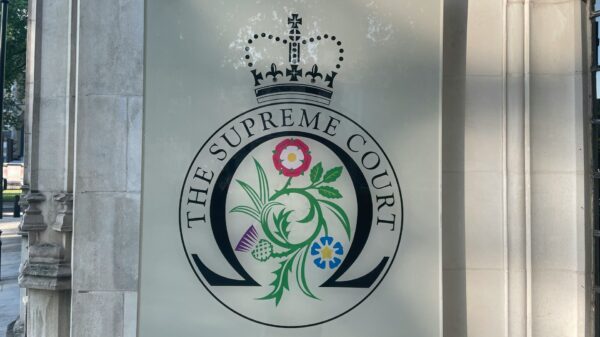Assessing the causes and impacts of the recent U.S. government shutdown reveals the inadequacy of party representation in the U.S. political system.
Readers of any news outlet, from The Times to Buzzfeed, are likely to now have a view regarding the current government shutdown that took place across the USA and its territories. The global media has been so exposed to widely differing and contentious viewpoints on the same issue that opinion permeates through the borders of the news story – generating ‘fact’ along the way.
Due to the international interest in this debate, every media outlet seems to have latched on to an aspect of the argument and run with it.This has led to confused and mixed messages which, if all taken on face value, would seem like we’re experiencing different government shutdowns simultaneously.
Controversy has reigned for some time now over the manner in which the media treat the different parties. British news outlets, typically siding with the Obama administration over the distinctly less relatable views of the extreme Republican party, portray the Republican Senate’s actions as holding the government to ransom in order to deny healthcare to its poorest citizens.While this may appear inexplicable within the British populace, currently coming out in force against cutbacks in our own healthcare, to many Americans, the concept of government interference in the health of their citizens is incomprehensible. That’s the core dilemma, one which the international media is wrestling with.
In spite of what British politicians would have you believe whilst designing party conferences to distinguish themselves from the other parties, these distinctions come down – primarily – to implementation. However, for American politics, the ideology takes centre stage. This is not a question of ‘tweaking’ a policy, of compromise. American politicians are not meeting in the middle but, rather, shouting across an ideological chasm.
In a speech held at the White House on Tuesday, Obama concisely illustrated what he felt the Republicans were doing: “They’ve shut down the government over an ideological crusade to deny affordable health insurance to millions of Americans. In other words, they demanded ransom, just for doing their job.†Such a statement, while true in essence, oversimplifies what has become a much greater issue within the American system of governance. The two-party state has demanded that no matter who is in power, a significant portion of society does not feel their views are adequately represented.
In shutting down government services, the extreme end of the Republican Party has made sure that, at least for their voters, more voices are now being heard. It remains still very unlikely that the Affordable Care Act will be repealed in the wake of this shutdown and it wouldn’t take a desperately astute Tea Party member to have pointed this out last week. It has already passed both the House and a viewing in the Senate, received approval from the Supreme Court and is currently being implemented across the country.
Therefore, it would be indefensibly short-sighted for the Republican-run Senate to shut down almost their entire public sector solely in a bid to repeal it. This shows that, while clinging to quantifiable and factual reasoning for their actions, their real gripe runs far deeper than any singular bill. Such deeply ideological arguments are rarely covered with such scrutiny in the media because they lead us into that ‘grey area’ between fact and opinion.
However, while navigating the middle ground may conclude in a wary, innocuous compromise, what has been highlighted in the Republican’s actions is the anxiety of those feeling unrepresented in politics and being forced to take policy to extremes. The lingering long-term question from this crisis is not whether or not Obamacare will be implemented, but rather, whether 320 million people can really be represented by two major parties.















